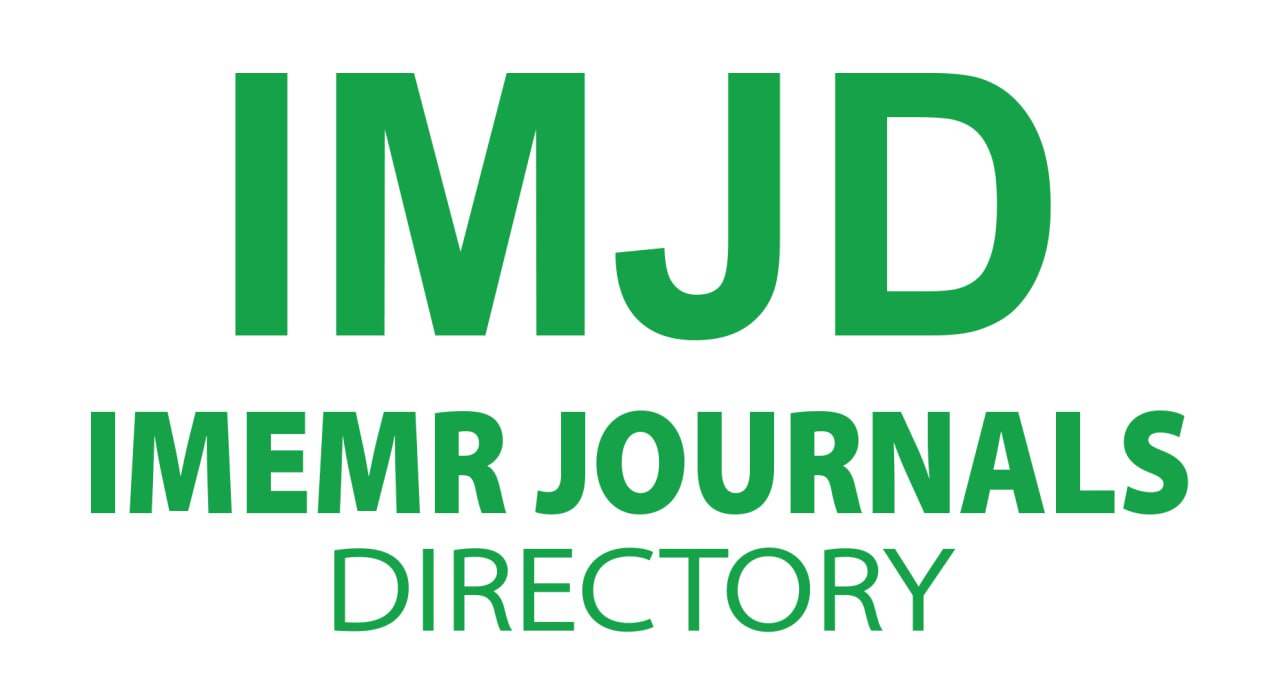Exploring the Affinity and Interactions of Piperine with Wild-Type and Mutated PTEN through Molecular Docking and Dynamics Simulations
DOI:
https://doi.org/10.62134/khatamuni.70Keywords:
Wild-type PTEN, Mutated PTEN, Piperine, Molecular docking, Molecular dynamics simulationAbstract
Background: Phosphatase and tensin homolog (PTEN) gene dysfunction plays an essential role in the pathogenesis of cancer development. Piperine is a natural compound, popularized by its effective medicinal properties. In this investigation, we used in-silico techniques such as molecular docking and molecular dynamic simulation to assess the activating effect of piperine on PTEN which can guide the development of more personalized therapeutic strategies or to provide more effective therapies and interventions.
Methods: The analysis was performed in Ghalib Bioinformatics Center, Kabul, Afghanistan in 2024. For molecular docking purposes, autodock 4.2.2 was applied to determine the interaction and binding affinity of Piperine with both Wild-type and Mutated-type PTEN. For molecular dynamics (MD) simulation purposes AMBER99SB force field within GROMACS 2019.6 software was utilized to find more molecular interaction and structural conformations.
Results: Wild and mutated-type PTENs had favorable interaction and binding energy, with -6.99 (kcal/mol) for Wild-type PTEN and -6.35 (kcal/mol) for Mutated-type PTEN. The result of the MD simulation showed the stabilization and less fluctuation of wild-type PTEN in the presence of piperine.
Conclusion: This study provides the details that piperine with its multi-health benefits and usage, could be likely as a potential activator for wild-type PTEN, offering valuable insights in generating new treatments to fight against cancers and reduce its development risk.
Downloads
Published
How to Cite
Issue
Section
Categories
License
Copyright (c) 2025 Afghanistan Journal of Basic Medical Science

This work is licensed under a Creative Commons Attribution 4.0 International License.









